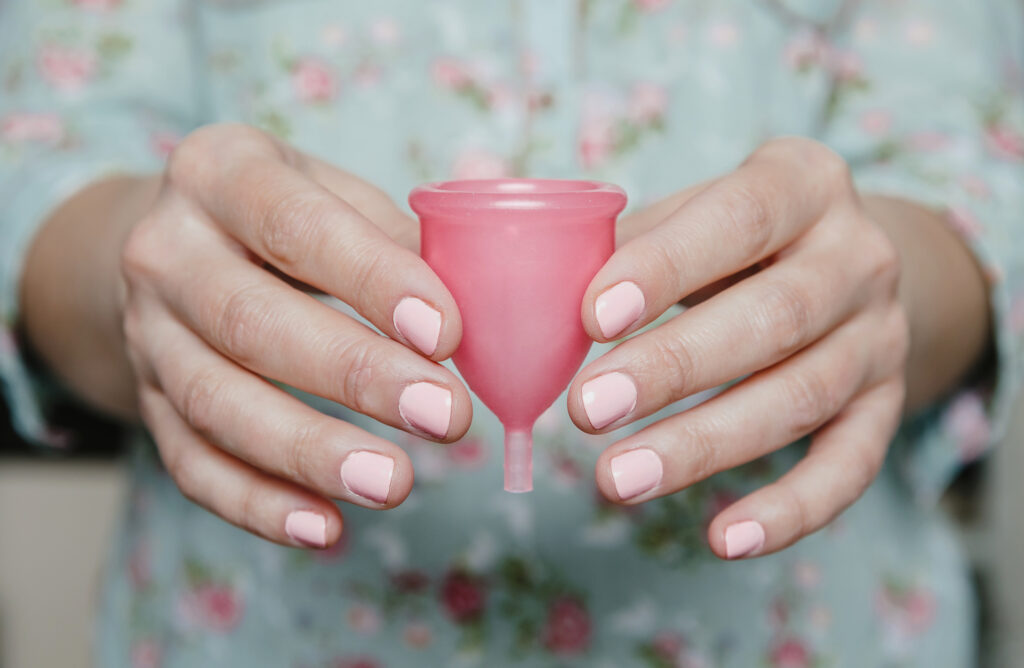Bumpy, hairy, brown, pink, small, or large you may have looked in the mirror and thought to yourself, are my nipples normal? Nipples come in all shapes, textures, sizes, and colors, but we often don’t talk about what we should be aware of when it comes to breast and nipple health. This could leave people with questions about if their nipples are normal, so we spoke to Tracey Gilhuly, APRN, of Comprehensive Gynecology of CT, a Women’s Health Connecticut practice, to answer some of your questions.
First, what are nipples?
You might assume the whole circular pink or brown area of your breast is the nipple, but actually, there are two separate parts with two distinct functions. According to the Cleveland Clinic, the areolae is the circular dark-colored area of skin surrounding the nipple, and the nipple is in the center of the areola. Each nipple has milk ducts, while the areolae have glands that secrete a lubricating oil that protects the nipple and skin from chafing during breastfeeding.
Why do my nipples hurt?
There could be several reasons why your nipples could be causing you pain, such as poorly fitted clothing, certain skin conditions, menstrual periods, pregnancy, breastfeeding, and certain infections. It is always better to be safe than sorry, so please contact your provider if you are experiencing unusual nipple pain or intense pain as it could be a sign of something more serious.
What is nipple discharge, and should I be worried?
Nipple discharge is any fluid or other liquid that comes out of your nipple. You might have to squeeze the nipple to get the fluid to come out, or it could seep out on its own. Nipple discharge is common during reproductive years, even if you are not pregnant or breastfeeding. Nipple discharge comes in many colors. The color may give you some clues about the cause:
- White, cloudy, or yellow discharge could be caused by an infection
- Green discharge may be caused by a cyst
- Brown or cheese-like nipple discharge can be a sign of a blocked milk duct
- Bloody discharge could be an indicator of breast cancer
Discharge is usually not serious, but it can be a sign of breast cancer, so it’s worth talking about with your provider.
My nipples grow hair is it normal?
Yes, it’s totally normal to have hair on your nipples. Often the amount of nipple hair comes down to genetics.
What are the bumps on my areola?
The small bumps that are scattered on your areolae are called Montgomery glands. Montgomery glands are sebaceous glands that make sebum, an oil that lubricates the areolae and nipples. Everyone has Montgomery glands on their areolas and the size of the glands can vary from person to person.
What does the color and shape of nipples mean?
The size and shape of your nipples and areolas vary from person to person. Nipples naturally change in color over time and due to many different biological events during a person’s life, such as pregnancy. But when the nipple or areola suddenly or unexpectedly change, it may be a sign of a medical issue and should be discussed with your provider.
What are inverted nipples?
Women who have inverted nipples either have always had nipples that point inward or lie flat, rather than pointing out, or their nipples inverted around puberty. Inverted nipples are completely normal and work the same way as pointed nipples, depending on the severity of the inverted nipples, many women with inverted nipples are able to breastfeed. However, if one of your nipples suddenly becomes inverted, this could be a sign of cancer and warrants a visit to your provider.
What are the signs of something more serious regarding my nipple health?
People should consult a doctor if they have:
- nipple discharge when they are not breast-feeding
- nipple discomfort that lasts for more than a few days
- nipple discharge associated with a lump in the breast
- changes to the skin around the nipple, including color changes or pulling from under the skin
- signs of infection with breast pain or discharge, plus fever or chills
Nipples vary from person to person and many of the issues you may think are problematic are actually nothing to worry about. If you have further questions or concerns about your nipples, speak with your Women’s Health Connecticut provider.




